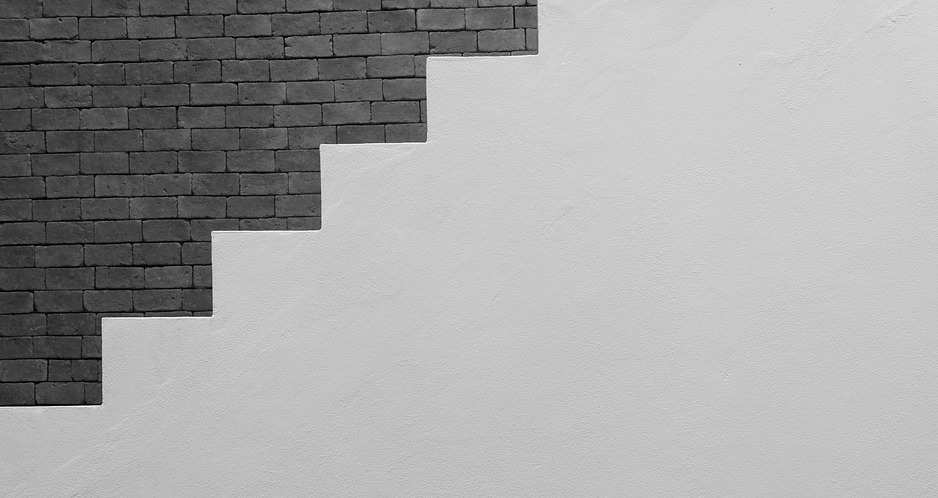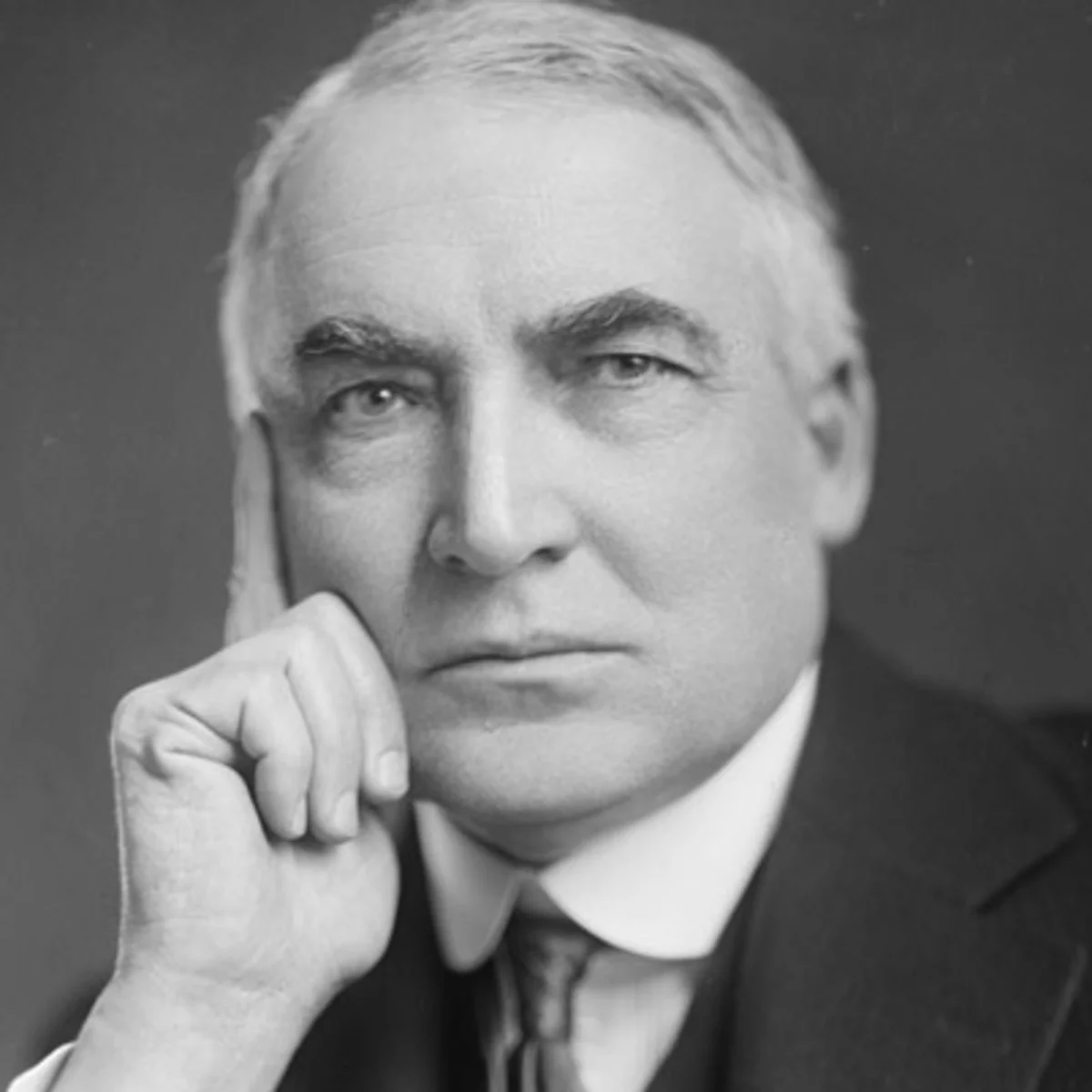The ‘Four Stages of Learning’
A big part of what makes learning something new so rewarding is moving up the rungs on the ladder.
In the beginning, enthusiasm overcomes a lack of experience and propels us through the countless mistakes.
We then start to develop confidence and not long afterwards we realise just how little we really do know.
So we work harder and push ourselves a bit further each time. We begin to become more aware of our abilities.
We got this.
That’s until we realise that true mastery lies much further ahead.
So we double down on our efforts.
Then, one day, we realise that we’re not even consciously aware of what it is we’re doing. It just comes so effortlessly.
Everything seems to flow. We have mastered the art.
If this sounds familiar to you, it might be reassuring to know that it’s a universal phenomenon.
In the 1970s, Noel Burch worked at an organisation called the Gordon Training Company. He decided to explore what’s going on during the learning process.
Noel hoped to gain a better understanding into the emotions and frustration we often experience as we make progress. His research focused on the relationship between consciousness (awareness) and competence (ability).
According to Noah’s model, we all move through the following four stages as we build competence in a new skill:
1 Unconsciously unskilled – we don't know that we don't have this skill, or that we need to learn it.
2 Consciously unskilled – we know that we don't have this skill.
3 Consciously skilled– we know that we have this skill.
4 Unconsciously skilled – we don't know that we have this skill (it just seems easy).
The above model is useful to keep in mind when learning anything new. You'll soon recognise which stage you're at and be more aware of your feelings as a result.
It’s also invaluable for when you are teaching others.
You will have a better understanding of the emotional journey they undergo as they acquire new skills and can adapt your training approach accordingly.
Good luck on your learning journey!






